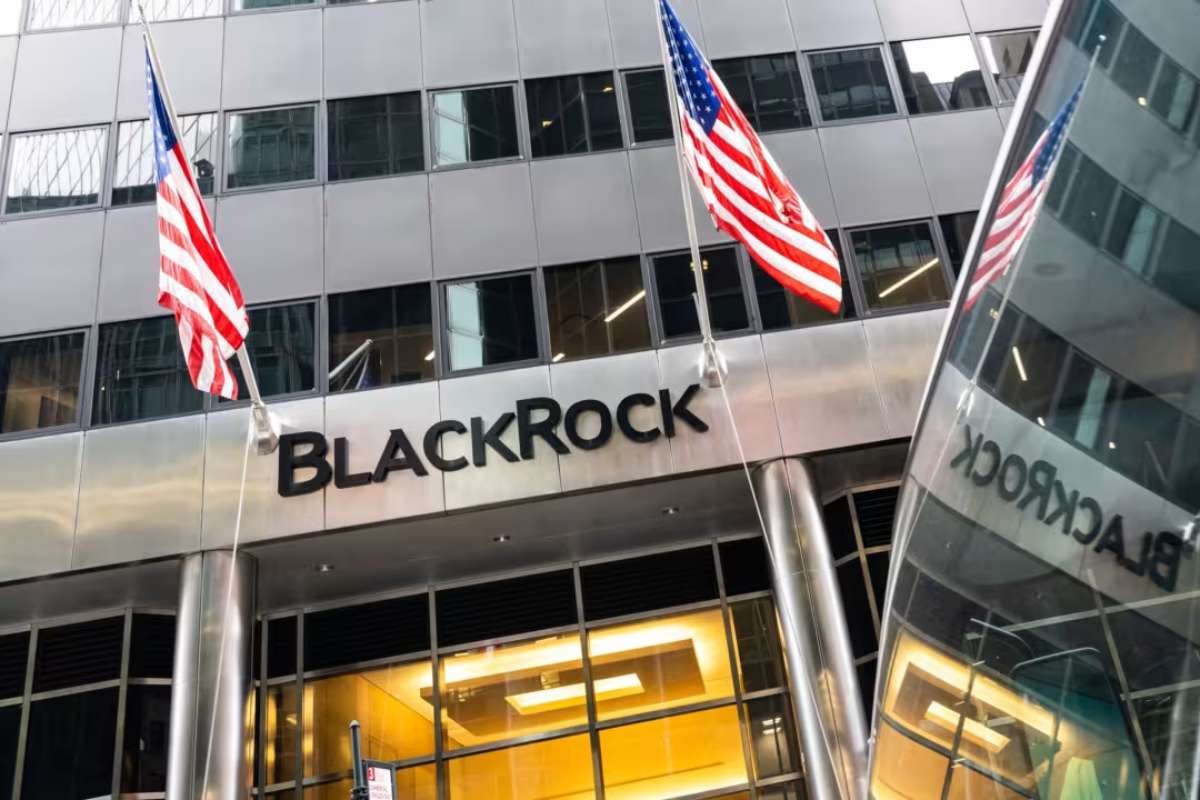Key Points:
- NYC Comptroller targets BlackRock, Fidelity, PanAgora over climate gaps
- $40B equity mandates face climate-driven rebid risk
- Move could reshape U.S. pension climate standards
New York City Comptroller Brad Lander has urged the city’s major pension boards to terminate or rebid contracts with BlackRock, Fidelity Investments, and PanAgora Asset Management after the firms failed to meet the city’s decarbonization standards. The recommendation follows a detailed climate-risk review of 49 asset managers responsible for handling public-market investments for the city’s pension systems. While most firms submitted plans aligning with New York City’s net-zero roadmap, these three were flagged for inadequate commitments.
Lander has specifically asked the boards to rebid BlackRock’s U.S. public equity index mandates responsible for managing over $40 billion and to terminate Fidelity’s world ex-US small-cap mandate and PanAgora’s U.S. small-cap equity mandate. According to the NYC Comptroller, continuing with managers who do not actively address climate risk would jeopardize the long-term health of the city’s retirement assets. He emphasized that protecting pensioners’ savings requires asset managers who recognize that environmental risk is also financial risk.
Climate Engagement Shortcomings Raise Red Flags
The city’s pension systems adopted Net Zero Implementation Plans in 2023, requiring all equity and corporate-bond managers to present detailed decarbonization strategies, complete with interim emissions targets, climate-aligned portfolios, and active engagement with high-emitting companies. The NYC Comptroller’s office concluded that BlackRock, Fidelity, and PanAgora did not provide sufficiently robust approaches.
BlackRock was criticized for its decision to scale back proactive climate engagement, particularly after adopting regulatory guidance that limits how it votes its shares in companies where it holds substantial ownership. The shift reduces its ability to influence corporate behavior through shareholder voting, one of the city’s key expectations for large asset managers.
Fidelity’s stance was seen as even more restrictive, as the firm indicated it would not pursue climate-related engagement even when environmental risks could affect financial performance. This approach, the Comptroller argued, fails to meet the basic threshold for climate-aware fiduciary responsibility.
PanAgora, operating largely through quantitative strategies, provided emissions disclosures but did not commit to engaging with companies on transition plans or emissions-reduction targets. The absence of a meaningful engagement framework placed the firm out of alignment with the city’s expectations for a climate-responsible manager.
Lander stated that failing to account for climate-driven financial risks not only undermines long-term returns but also exposes pension assets to escalating market volatility as global decarbonization efforts accelerate.
Implications, Industry Impact, and What’s Next
If the pension boards adopt the NYC Comptroller’s recommendations, the decision would mark one of the largest climate-aligned reallocations by any public retirement system in the U.S. Reassigning over $40 billion in equity mandates could influence how large asset managers approach climate stewardship nationwide, potentially setting a new industry benchmark for climate accountability.
Environmental groups have already welcomed the move, describing it as a significant step toward aligning public funds with long-term sustainability objectives. Advocates argue that the action signals a growing expectation that asset managers must do more than simply disclose emissions; they must actively shape the transition to a low-carbon economy.
The final decision now rests with the trustees of the city’s three major pension systems. Their vote will determine whether New York City proceeds with one of the most consequential climate-driven investment shifts in its history, potentially influencing pension governance far beyond the city’s borders.











